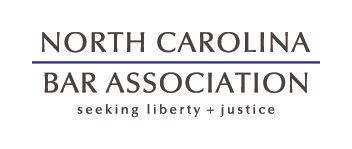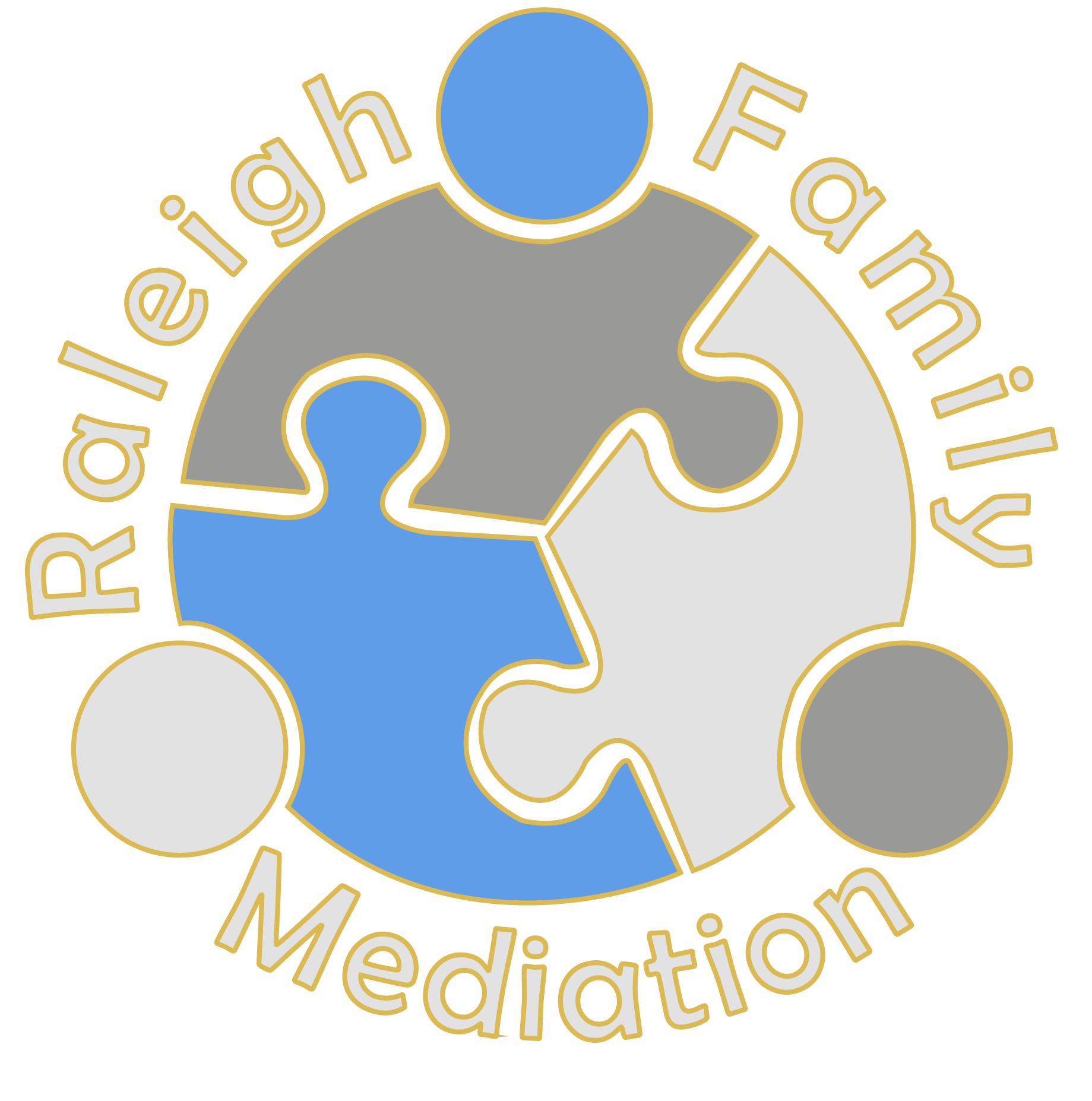Everyone needs an estate plan and at The Law Corner we make it affordable for everyone to have an estate plan. Whatever your needs are, we can help you. We offer individual and package pricing. Our Will Package includes a Will (with or without a testamentary trust), a Living Will, a Power of Attorney and a Health Care Power of Attorney. Our Trust Package includes a Revocable Living Trust or Irrevocable Special Needs Trust, a Pour Over Will, a Living Will, a Power of Attorney and a Health Care Power of Attorney.
The above documents are perhaps the most important legal documents the average American will ever sign. Yet, most adults in the United States do not have one or the other. There are many misconceptions as to whether someone needs estate planning. To learn more, click the subject areas above. I am sure you will gain an understanding of the importance an estate plan plays in all our lives.
Thank you for visiting on the web, we look forward to serving you.
Call (919) 424-8319 to schedule an appointment.
Please make sure to bring any prior estate planning documents with you.
There are four basic planning needs for all individuals independent of income, assets, debts, health, age or status. They are the Will or Will with Testamentary Trust, a Living Will, Financial Power of Attorney and a Health Care Power of Attorney.
North Carolina Will
Any person 18 years of age or older who is of sound mind may make a will. The simplest way to ensure that your funds, property and personal effects will be distributed after your death according to your wishes is to prepare a will. A will is a legal document designating the transfer of your property and assets after you die. Wills are used to avoid the hassles of intestate succession and probate court, dictate funeral arrangements, determine how your assets will be divided and who will care for your children after you pass away. Without a will, your estate will be probated and the state, and not you, decides who is entitled to your personal items and granted custody of minor children. Having your estate probated leaves your heirs with a headache. No one should be without a will. Below are some frequently asked questions pertaining to wills.
Wills are not just for the rich. The amount of your assets is irrelevant. A will ensures that what assets you do have will be given to family members or other beneficiaries you designate. A will is even more important if you have minor children because it gives you the opportunity to designate a guardian for them in the event of your death. Without a will, the court will appoint a guardian for your children.
The difference between a will and living will. A living will deals with healthcare issues. It is a separate document that lets your family members know what type of care you do or don't want to receive should you become terminally ill or permanently unconscious. A will distributes your assets, provides for funeral arrangements and avoids your estate from being tied up in probate court for an extended period of time. Your heirs will greatly appreciate the fact that you died with a will.
What happens if you die without a will. Without a will, your estate will be probated and the state, not a person designated by you, will decide who is entitled to your personal items and granted custody of your minor children. If you die intestate (without a will), the North Carolina laws of descent and distribution will determine who receives your property by default.
Where do I keep my will. A safe place with all of your other important papers. Typically a safe deposit box or your fire proof safe at home. You want to be sure that your family members know about it and can locate it. It is also a good idea for you to give a copy to a family member.
What happens to my will after I die. According to NC statutory law, your Executor needs to file your will with the probate court in the County where you resided.
What is an Executor and what do they do. An Executor is the person who oversees the distribution of your assets in accordance with your will. They also carry out your burial request, pay valid creditors, pay taxes, notify Social Security, banks and other agencies and companies of your death.
When do I need to update my will. Typically when you get married or divorced, the birth or adoption of a child, the death of a family member or other beneficiary of your estate, when the named executor or guardian dies or is otherwise unable to serve that role, a significant change in the size of your estate or when you simply decide to make changes in the distribution of your assets, change your funeral arrangements or choose to name another executor or guardian.
Living Will
By means of a Living Will you decide in advance what medical care and treatment you receive if you ever become unable to specify those wishes yourself. No one should be without a Living Will. Below are some frequently asked questions. I hope you find them helpful.
What is a "Living Will" or "Physician's Directive". A living will is a document that tells your doctor or other healthcare providers whether or not you want life-sustaining treatments or procedures administered to you if you are in a terminal and incurable condition or a persistent vegetative state. It is called a "living will" because it takes effect while you are still living.
Is a "Living Will" the same as a "Will" or "Living Trust". No. Wills and living trusts are financial documents that allow you to plan for the distribution of your financial assets and property after your death. A living will only deals with medical issues, namely life-sustaining treatments or procedures, while you are still living.
When does a North Carolina Living Will go into effect. A North Carolina living will goes into effect when: 1) Your doctor has a copy of it, and 2) Your doctor has decided that you are no longer able to make your own health decisions, and 3) your doctor and another doctor have determined that you are in a terminal and incurable condition or a persistent vegetative state.
What are "life-sustaining" treatments. These are treatments or procedures that are not expected to cure your terminal condition or make you better. They only prolong dying. Examples are mechanical respirators, which help you breathe, kidney dialysis, which clears your body of wastes, and cardiopulmonary resuscitation (CPR), which restores your heartbeat.
What is a "terminal and incurable" condition. A terminal and incurable condition is defined as a condition for which the administration of medical treatment will only prolong the dying process, and without administration of these treatments or procedures, death will occur in a relatively short period of time.
What is a "persistent vegetative state". A persistent vegetative state means that a patient is in a permanent coma or state of unconsciousness caused by illness, injury or disease. The patient is totally unaware of himself, his surroundings and environment and to a reasonable degree of medical certainty, there can be no recovery.
Is a Living Will the same as a "Do Not Resuscitate (DNR)" order? No. A North Carolina living will covers almost all types of life-sustaining treatments and procedures. A "Do Not Resuscitate" order covers two types of life-threatening situations. A DNR order is a document prepared by your doctor at your direction and placed in your medical records. It states that if you suffer cardiac arrest (your heart stops beating) or respiratory arrest (you stop breathing), your healthcare providers are not to try to revive you by any means.
Will I receive medication for pain. Unless you state otherwise in the living will, medication for pain will be provided when appropriate to make you comfortable and will not be discontinued.
Can my doctor be sued or prosecuted for carrying out the provisions of a North Carolina Living Will? No. The North Carolina Right to a Natural Death Act specifically states that the withholding or discontinuance of any extraordinary means of keeping a patient alive, or the withholding or discontinuance of artificial nutrition and hydration, shall not be considered the cause of death for any civil or criminal purpose, nor shall it be considered unprofessional conduct.
Does a North Carolina Living Will affect insurance. No. The making of a living will, in accordance with North Carolina law, should not affect the sale or issuance of any life insurance policy, nor should it invalidate or change the terms of any insurance policy. In addition, the removal of life-support systems according to North Carolina law, shall not, for any purpose, constitute suicide, homicide or euthanasia, nor shall it be deemed the cause of death for the purposes of insurance coverage.
Does a North Carolina Living Will have to be signed and witnessed. Yes, you must sign (or have someone sign the document in your presence and at your direction, if you are unable to sign) and date the living will. Then it must be witnessed by two qualified adults and be notarized by a Notary Public.
The only people who cannot witness your signature are: 1) ately effective, which means that the agent has the power to represent you now. If you also make the Power of Attorney Durable, the agent's power to represent you will remain in effect in the event you become mentally unable to make decisions on your own (incompetent). Or, you can make it Springing, which means that it becomes effective only in the event you become incompetent.
A very popular use of the Power of Attorney has absolutely nothing to do with mental incompetence. Many military people, overseas contractors and spouses or family members who travel abroad for extended periods of time prepare Powers of Attorney that are immediately effective, so their wives, husbands or other family members in the United States can deposit paychecks, make purchases, pay bills and otherwise represent them financially or legally while they are away or otherwise not available to handle these matters themselves.
Health Care Power of Attorney
This document gives the person you designate, your health care agent, broad powers to make health care decisions, including mental health treatment decisions, for you. Except to the extent that you express specific limitations or restrictions on the authority of your health care agent, this power includes the power to consent to your doctor not giving treatment or stopping treatment necessary to keep you alive, admit you to a facility, and administer certain treatments and medications. This power exists only as to those health care decisions for which you are unable to give informed consent.
This document does not impose a duty on your health care agent to exercise granted powers, but when a power is exercised, your health care agent will have to use due care to act in your best interests and in accordance with this document. For mental health treatment decisions, your health care agent will act according to how the health care agent believes you would act if you were making the decision. Because the powers granted by this document are broad and sweeping, you should discuss your wishes concerning life sustaining procedures, mental health treatment, and other health care decisions with your health care agent and doctor.
If you would like to sit down and discuss your need for the above described document, please contact us at (919) 424-8319.
Power of Attorney
A Power of Attorney is a written document giving one person the full power and authority to represent another person. The person who gives the power is the principal, and the person who receives the power is the attorney-in-fact or agent. In North Carolina, a Power of Attorney must be signed by both the agent and the principal, be witnessed by two people and signed in the presence of a Notary Public.
There are two powers you can assign, a general power or a limited power. You can assign a General Power of Attorney that covers all of your legal, financial and personal decisions except those pertaining to your medical care and treatment, or a Limited Power of Attorney that only covers decision-making in areas that you specify. A Power of Attorney may be immediately effective, which means that the agent has the power to represent you now. If you also make the Power of Attorney Durable, the agent's power to represent you will remain in effect in the event you become mentally unable to make decisions on your own (incompetent). Or, you can make it Springing, which means that it becomes effective only in the event you become incompetent.
A very popular use of the Power of Attorney has absolutely nothing to do with mental incompetence. Many military people, overseas contractors and spouses or family members who travel abroad for extended periods of time prepare Powers of Attorney that are immediately effective, so their wives, husbands or other family members in the United States can deposit paychecks, make purchases, pay bills and otherwise represent them financially or legally while they are away or otherwise not available to handle these matters themselves.
If you would like to sit down and discuss your need for the above described document, please contact us at (919) 424-8319.
DNR Order
A DNR order is issued by a patient's doctor stating that if the patient's heart should stop beating, or if the patient should stop breathing, no effort should be made to resuscitate him.
Generally, a doctor writes a DNR order for patients who are terminally and incurably ill, or in a persistent vegetative state, and who do not want their life needlessly prolonged by resuscitation efforts.
A living will is a patient's decision not to have his life prolonged by artificial means when there is no reasonable hope of recovery. Healthy people often have a living will because it allows them to make this decision in advance. The patient uses the living will to express his wishes about the end-of-life-care he wants.
A living will and a DNR order are different documents that can work together, but one is not dependent upon the other. Your living will may be honored even if there is no DNR order entered into your medical record.
A DNR order may be entered into your medical record even if you do not have a living will.A DNR order, on the other hand, is a medical order issued by the patient's doctor after it has been determined that the patient is dying or in a persistent vegetative state. He does not want to be resuscitated in the event his heart stops beating or if he stops breathing because such an action would only needlessly prolong his life. A DNR order is typically entered after the doctors have determined that a patient's living will should be honored. However, a patient does not need to have a living will before a DNR order may be entered, although having a living will may simplify the process of obtaining a DNR order.
A DNR order should be kept with the patient. If the patient is at home or in a nursing home, and his heart stops beating or he stops breathing, the DNR order will tell Emergency Medical Service (EMS) Personnel who are called not to resuscitate the patient. Of course, if the patient has a DNR order, EMS should not be called in the first place. However, family members sometimes panic and call for help when they see their loved one in distress. The DNR order helps make sure that the patient's wishes are honored.
If your heart stops beating or you stop breathing and EMS is called, they will resuscitate you if you do not have a DNR order. For many people, this is a good thing because they recover and go on to live long and productive lives. Unfortunately, some people may end up on life support systems with no reasonable hope of recovery, and their families may question why they were resuscitated. It is the duty of EMS to resuscitate patients whom they are called to help. Unless the patient has a DNR order, EMS must try to resuscitate the patient.
If You
or a Loved One would like to
sit down and discuss
the need for the above described document(s),
please contact us at (919) 424-8319.



